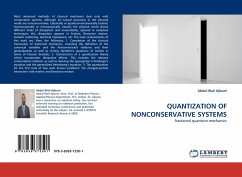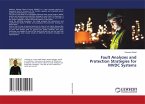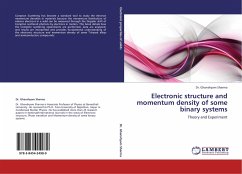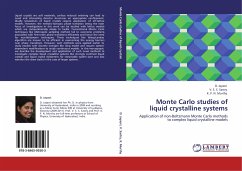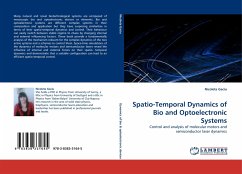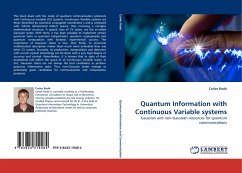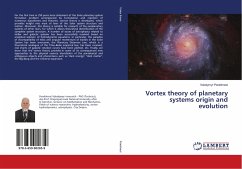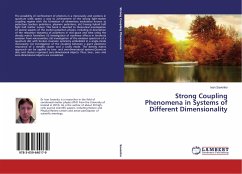Most advanced methods of classical mechanics deal only with conservative systems, although all natural processes in the physical world are nonconservative. Classically or quantum-mechanically treated, macroscopically or microscopically viewed, the physical world shows different kinds of dissipation and irreversibility, ignored in analytical techniques, this dissipation appears in friction, Brownian motion, inelastic scattering, electrical impedance, etc. The main achievements of this work are, then, the following: 1. Completion of the classical framework of fractional mechanics, including the definition of the canonical variables and the Poisson-bracket relations and their generalization as well as writing Hamilton's equations of motion in terms of Poisson brackets. 2. Construction of a quantization theory which incorporates dissipative effects. This includes the relevant commutation relations as well as deriving the appropriate Schrödinger's equation and the generalized Heisenberg's equation. 3. The quantization for the first time of two well- known problems: the charged-particle interaction with matter; and Brownian motion.

